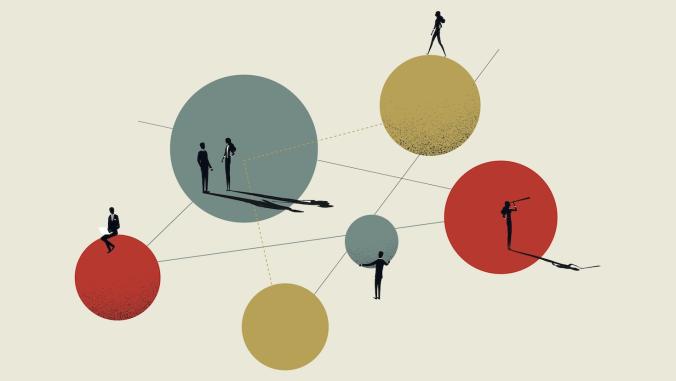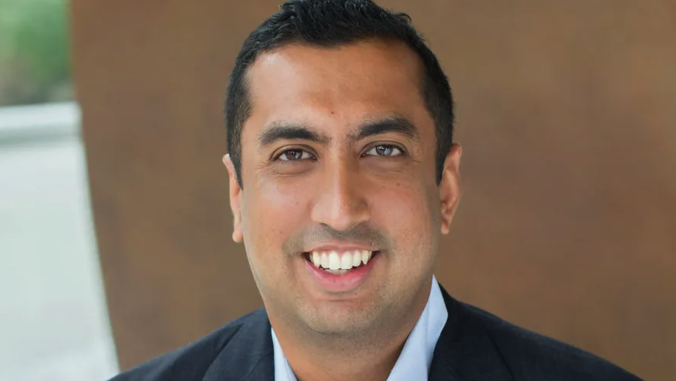Dear Shannon: Coaching can catapult your career
Shannon counsels a jaded employee who is struggling to progress his leadership in sustainability skills.

Dear Shannon is a career advice column for sustainability professionals and wannabe professionals. If you have a question for Shannon, send it to [email protected].
Dear Shannon,
I’ve reached a midpoint in my career where I either up my game and commit to moving up the ladder or get out and do something completely different. I’ve been working in sustainability for a Big Four consultancy for the last eight years, but it seems like there’s a wall I just can’t break through to progress to partner. I’ve been losing sleep over it and am tempted to throw in the towel and go work for an NGO. My boss suggested executive coaching as a way to improve my leadership abilities but I’m skeptical. It seems fluffy and I just want a solution. Should I stay or should I go?
Thank you,
William
William,
I can feel the frustration in your email. You’ve invested a big chunk of years in this company and you’re right to think that after eight years of long hours, you should be seeing some rewards in terms of promotion. Your ambition is admirable. But I’m confused why you’re so skeptical about your boss’s suggestion to re-assess the way you work and lead. Is it that you don’t want to grow and change? If so, that could be the big thing holding you back.
Anyone can sign up for executive coaching, hand over the money and sit in on a series of sessions, but not everyone is "coachable." If your mind is closed to exploring new insights about yourself and being challenged about your assumptions, you won’t be able to reap the real benefits. Executive coaching offers you a full, 360-degree view of your skill set, character and roadblocks — warts and all. It can be hard to hear, but at the end of the day, if you want to see a change in your work life, you need to make a change in the way you live it.
"Coachability" — or your ability to reflect, review and improve — is a significant indicator of how much value you’ll get out of any sessions you do, but (and here’s what your boss is thinking) it’s also an indicator of an effective leader.
Good leaders have high emotional intelligence. They build strong teams by empowering others. They are interested in self-improvement. They want to know what they don’t know and understand their own limitations. They feel uncomfortable in comfort zones and consciously step outside them to drive innovation. They respond positively and constructively to challenges.
Executive coaching offers you a full, 360-degree view of your skill set, character and roadblocks — warts and all.
Bad leaders, on the other hand, are ego-driven. They don’t reflect on their mistakes. They fracture the teams they lead. They don’t bounce back with solutions; instead, they hit out with criticisms. They lack emotional intelligence. I could go on, but I’ll just point to this Uber CEO as a classic example of the kind of leader no one wants to be. It took international headlines and serious brand damage for him to realize and admit that he needed to change.
The people who will get the most value from coaching are the ones who already have good leadership traits but maybe aren’t using them effectively. These traits may be lying dormant, or they could be masked by the frustration and cynicism that is born out of being passed over for promotion. That last "maybe" might ring true for you, and it’s a vicious cycle that you need to break if you want to be recognized in your organization as leadership material and promoted accordingly.
I suggest that before you "throw in the towel and go work for an NGO" that you give executive coaching a shot. And not just any old shot; make it a good, purposeful shot, with energy and commitment, because it might just support you to enhance the leadership skills your boss wants to see. My clients report that it has helped them develop their influence and impact as a leader, build effective teams, improve time management and work-life balance, boost self-confidence and achieve their professional goals. It’s definitely not fluffy. So don’t give up just yet. Change is the only thing in life that we can be truly sure of. Start with yourself and embrace it. Why not let your company pay for your professional development if it is offering?





